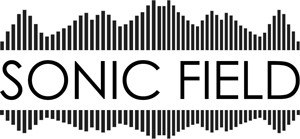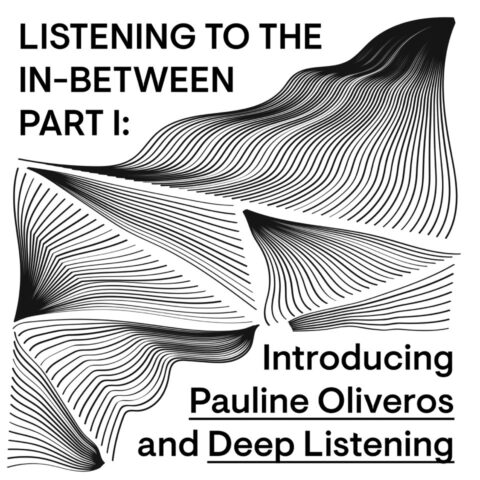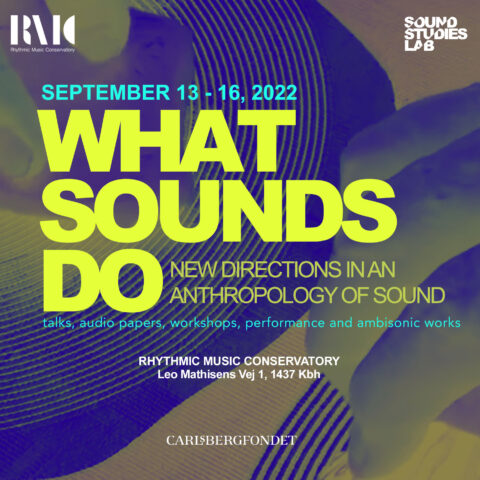Listening: An Introduction to the Perception of Auditory Events (Bradford Books)
Stephen Handel
Listening combines broad coverage of acoustics, speech and music perception psychophysics, and auditory physiology with a coherent theoretical orientation in a lively and accessible introduction to the perception of music and speech events.Handel treats the production and perception of music and speech in parallel throughout the text, arguing that their production and perception follows identical principles; music and speech share the same formal properties, involve the same cognitive mechanisms, and cannot exist in separate “modules.” The way that a sound is produced determines the physical properties of the acoustic wave. These properties in turn lead to the perception of the event.The initial chapters take up physical processes, including a section on characterization of sound and discussion of the way instruments and speech produce musical sound. Handel explains how the environment affects perceived sounds, including reflection, reverberation, diffraction, and the Doppler effect. Subsequent chapters take up psychological processes: partitioning smeared sounds into discrete events, identifying sound sources, the units and phrases of speech and music, and speech and music rhythms. The final chapter provides a detailed treatment of the physiology and neurophysiology of the auditory system.All of the author’s explanations are coherent and clear, and this strategy includes discussing particular pieces of research in detail rather than covering many things superficially Handel analyzes causes as well as describing phenomena and sets out for the reader the difficulties inherent in the research methods he discusses. He defines the physical, musical, and psychological terms used, even the most basic ones, and covers all of the experimental methods and statistical procedures in the text.Stephen Handel is Professor of Psychology at the University of Tennessee. A Bradford Book.






